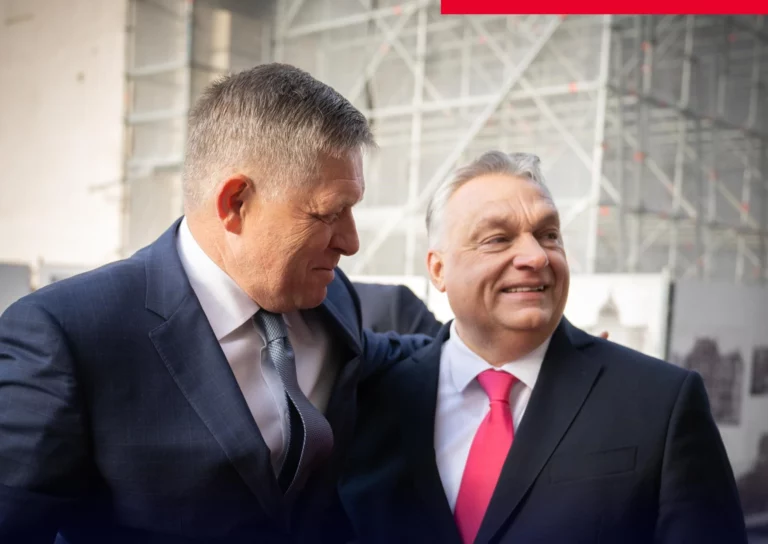Hungarian government
European Commission examines Slovakia’s anti-Hungarian law

TikTok now warns users of Hungarian government-related content

Another Hungarian citizen has been released from prison in Venezuela

Massive Hungarian MOL-Russian Gazprom deal may reshape the Central European energy market

Hungarian FM Szijjártó: the EU would bring migrants to Hungary

Court ruling deals further blow to Fidesz campaign, Tisza leader Magyar claims

Orbán prepares for elections with “Brussels, we won’t pay” petition

Magyar urges Slovak PM Fico to suspend Beneš Decrees ahead of Hungarian elections

China–Hungary cooperation deepens as Budapest underscores support for Chinese enterprises

CPAC Hungary 2026: Budapest to host major conservative summit ahead of election, Trump or JD Vance could attend

Hungary and Austria signal stronger ties as parliamentary leaders stand together

Several Budapest districts experience garbage collection disruptions, sparking huge outrage

How happy are the people of Hungary: Political climate edition

Orbán unveils Fidesz’s 2026 election line-up, vows campaign on “war, migration and gender threats”

As Hungary battles a massive budget deficit, Orbán’s billionaire ally jets from island to island

Hungary’s budget deficit surged in 2025: EUR 28,000 lost every minute!

Trump signals visit to Hungary as stakes are getting higher before the elections

Confidence is key: Minister claims Fidesz will get even more votes than PM Orbán predicted





 ZH
ZH IT
IT DE
DE HR
HR NL
NL FR
FR JA
JA RO
RO RU
RU ES
ES TR
TR
